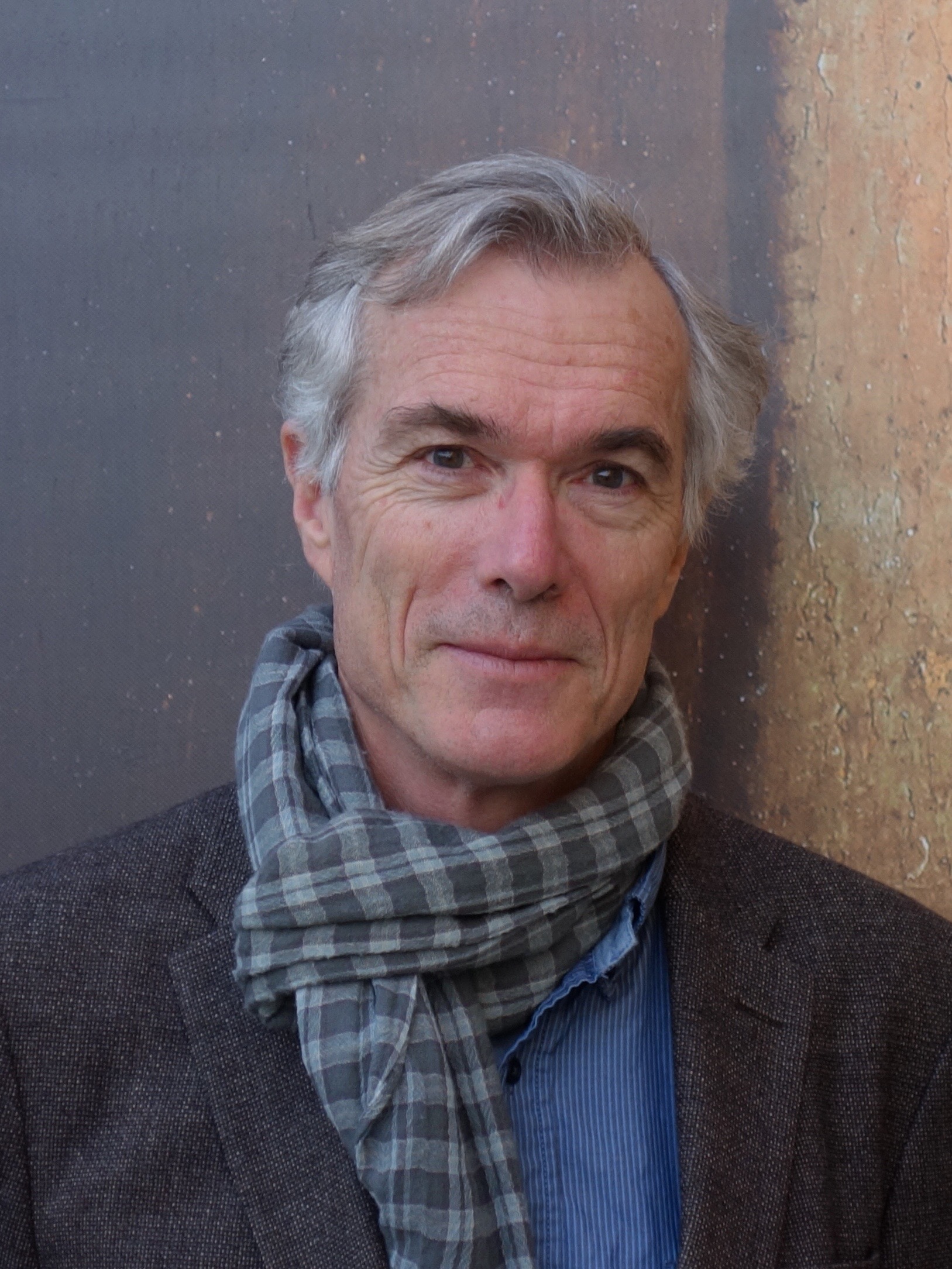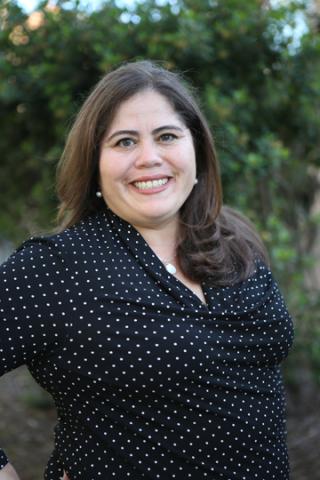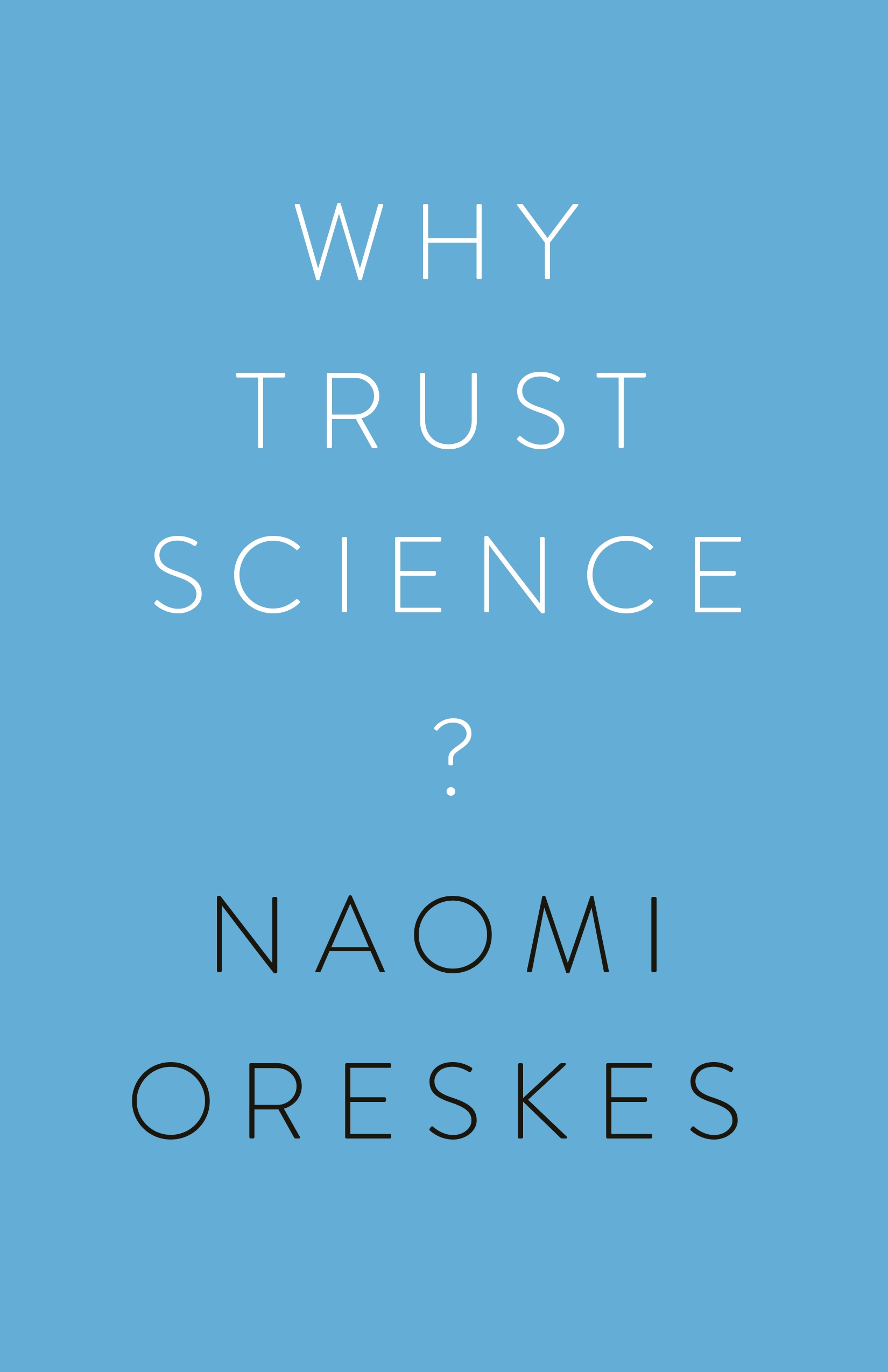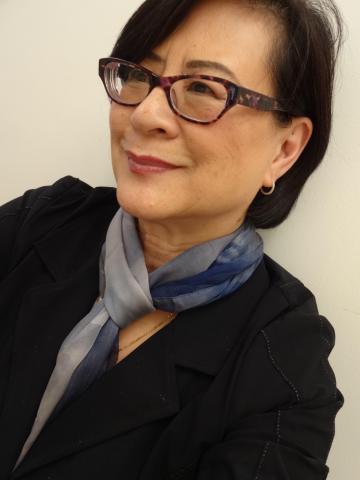2023-2024 Hugh Hawkins Lecture: Dan-el Padilla Peralta
Dan-el Padilla PeraltaAssociate Professor of Classics and associated faculty in African American Studies and affiliated faculty in Latino Studies at Princeton University.
Image
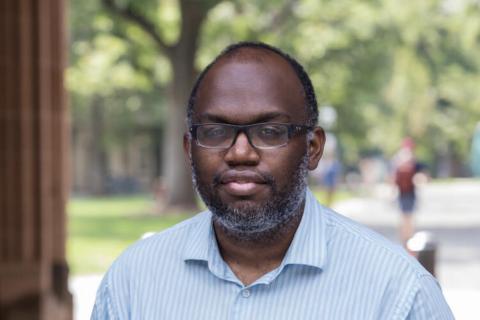
Dan-el researches and teaches the religious history of the Roman Republic and Empire, global histories of slavery and citizenship, and critical race theory’s bearing on the historical and contemporary study of classics and classicism. He is the author of Undocumented: A Dominican Boy’s Odyssey from a Homeless Shelter to the Ivy League. (Penguin 2015) and Divine Institutions: Religions and Community in the Middle Roman Republic (Princeton 2020); and he has co-edited Rome, Empire of Plunder: The Dynamics of Cultural Appropriation (Cambridge 2017) and Making the Middle Republic: New Approaches to Rome and Italy, c. 400 – 200 BCE (Cambridge 2023). He is currently working on Classicism and Other Phobias, the subject of his 2022 W.E.B. Du Bois Lectures at Harvard. He is a volume co-editor for The Cambridge History of the African Diaspora and sits on the board of the RaceB4Race collective. | 338 BCE and the Transformation of Ancient Afro-Eurasia
Tuesday, October 17, 2023 - 4:30 PM Pruyne Lecture Hall, Fayweather 117 |
